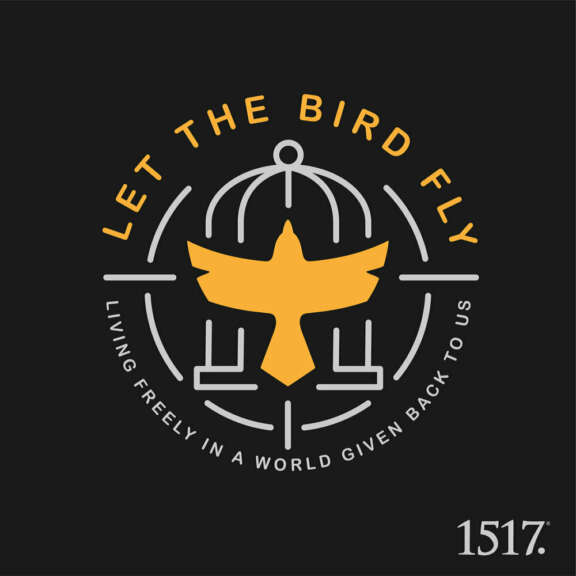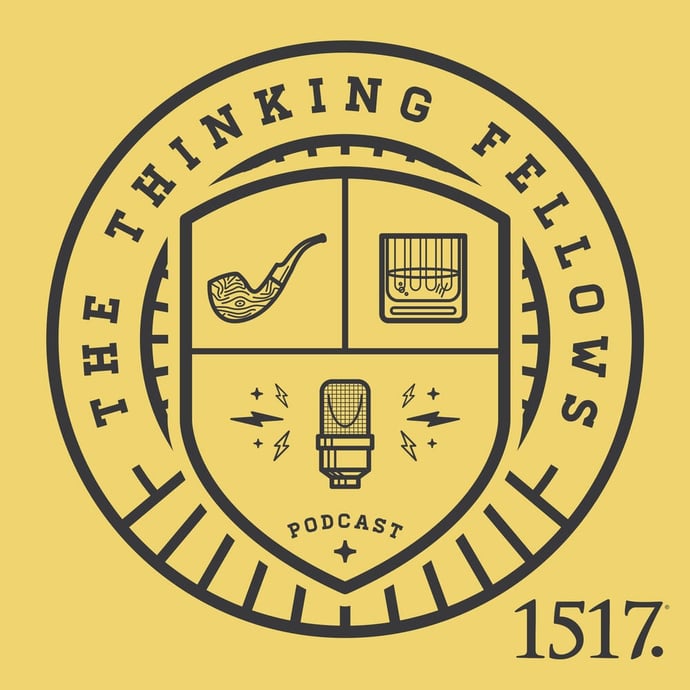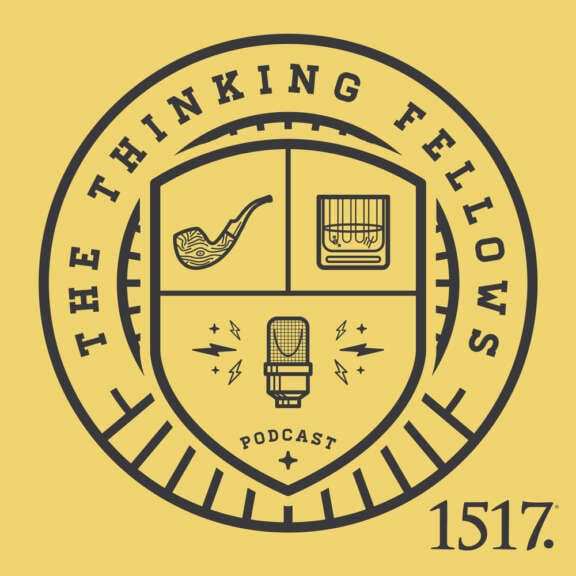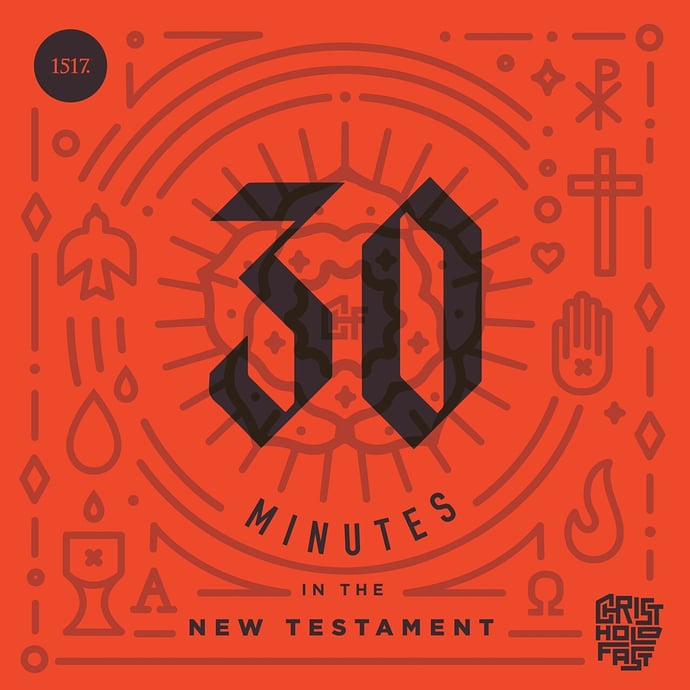On this episode Wade and Dr. Keith square off over two influential characters in the early Reformation: Philip Melanchthon and Matthias Flacius Illyricus.
Podcasts
Each 1517 Podcast is dedicated to delivering Christ-centered content through weekly, monthly, and seasonal audio platforms. Listen online or on your favorite podcasting app.
Author
- All Authors
- Aaron Zimmerman
- Adam Francisco
- Amy Mantravadi
- Blake Flattley
- Bob Hiller
- Bradley Gray
- Brian W. Thomas
- Bror Erickson
- Bruce Hillman
- Caleb Keith
- Chad Bird
- Chris Rosebrough
- Christopher Gillespie
- Cindy Koch
- Craig Donofrio
- Dan van Voorhis
- Daniel Deen
- Daniel Emery Price
- Darrin Sheek
- David Andersen
- David Rufner
- David Zahl
- Debi Winrich
- Delwyn Campbell
- Donavon Riley
- Doug Klembara
- Edward Killian
- Elyse Fitzpatrick
- Erick Sorensen
- Flame
- Grant Klembara
- Gretchen Ronnevik
- Haroldo Camacho
- Jacob Smith
- Jared C. Wilson
- Jeff Mallinson
- Jeffrey Pulse
- Jessica Thompson
- Jim Nestingen
- Joel Fitzpatrick
- Joel Hess
- John Andrew Schreiner
- John Bombaro
- John T. Pless
- John W. Hoyum
- John Warwick Montgomery
- Katie Koplin
- Kelsi Klembara
- Ken Sundet Jones
- Magnus Persson
- Matt Popovits
- Michael Berg
- Michael Horton
- Nick Lannon
- Paul Koch
- Peter Nafzger
- Philip Bartelt
- Raleigh Sadler
- RJ Grunewald
- Robert Kolb
- Rod Rosenbladt
- Ron Hodel
- Sam Leanza Ortiz
- Sarah Condon
- Sarah Crowder
- Scott Davis
- Scott Keith
- Steven Paulson
- Tanner Olson
- Troy Neujahr
- Uwe Siemon-Netto
- Wade Johnston
- William Cwirla
-
Papa, can you hear me? In this episode, Gillespie and Riley read and discuss the Marburg Theses. The Reformers, Luther and Zwingli (and their colleagues), sat down to try to find common theological ground. What resulted has influenced the Church to this day.
-
Dear Rome... Yeah, It’s Probably For The Best That We Never See Each Other Again. This week, Gillespie and Riley read and discuss Ulrich Zwingli’s 67 Theses defending the theological reforms in Zurich. Zwingli is provocative, sometimes hyperbolic, but driven by a zeal for the reformation doctrine of Christ alone for the salvation of sinners apart from their works.
-
Between the years 1550 and 1560 the giants of the Reformation are dying. The Fellows discuss the political and theological turmoil that occurred as a result of the Smalcald war.
-
Riley and Gillespie dig into the Doctor Angelicus and his catechism on Baptism.
-
The Fellows take a one week break from their series on the history of the Reformation to answer listener questions. The questions range all the way from the doctrine of Zwingli to apologetic responses to evolution.
-
The Thinking Fellows cover the major reformational events between 1535 and 1539.
-
Wade and Peter sit down to complete their discussion on Wade’s presentation entitled Law & Gospel: A Lens for Life.
-
On episode NINETY-SIX of Let the Bird Fly! Wade, Mike and Peter sit down to continue their discussion on Wade’s presentation entitled Law & Gospel: A Lens for Life
-
Wade, Mike and Peter sit down to discuss a presentation Wade has been giving entitled Law & Gospel: A Lens for Life.
-
Paul roots the Christian’s death to the law in baptism and makes a scandalous claim that the law arouses sin in people.
-
Before his death in 1532 Ulrich Zwingli led a more radical reform than those in Wittenberg. Zwingli was not only a theologian, but also a humanist, and a soldier ultimately leading to his death on the battlefield.




